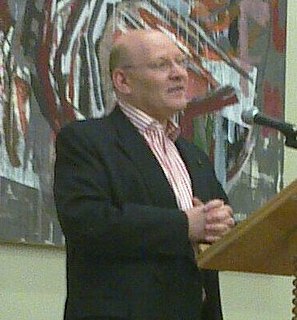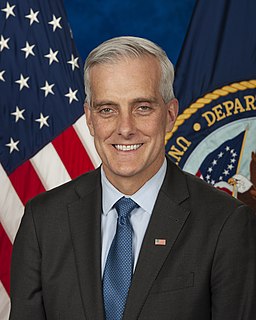A Quote by Maajid Nawaz
The fact is that there is a serious problem of extremism with minority groups within Muslim communities.
Quote Topics
Related Quotes
You've got problems in Central Asia. And you've got problems within our own communities back home. So if we end up saying, look, this has nothing to do with Islam or it's got no connection with that broader question, then we look, frankly, as if we're in denial about the problem. And the interesting thing in the Middle East is that they have absolutely no problem there in identifying that as Islamist extremism and calling it that.
From a moral point of view, it is wrong... to smear or stereotype minority communities, to pretend or give credence to the idea that the actions of a minority within a community are somehow representative or the fault of the majority of members of that community. That is the very definition of bigotry.




































